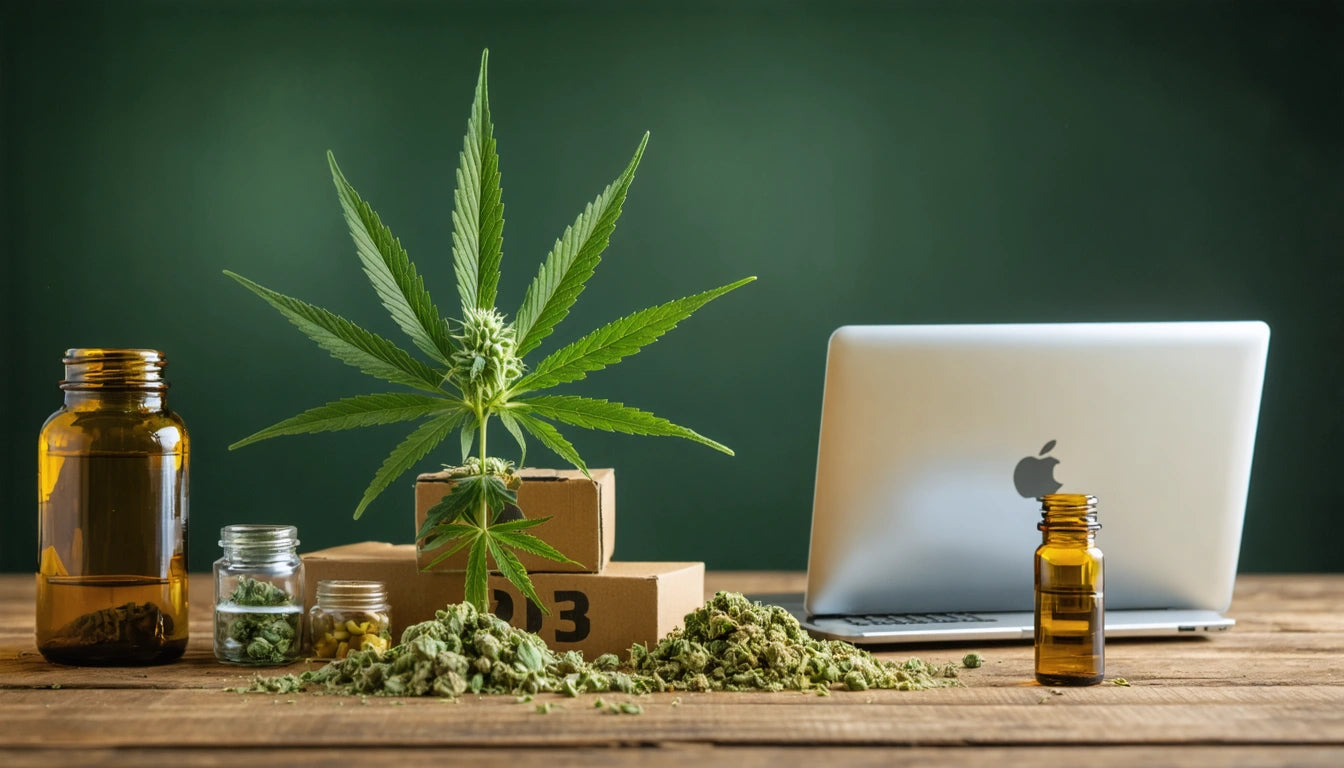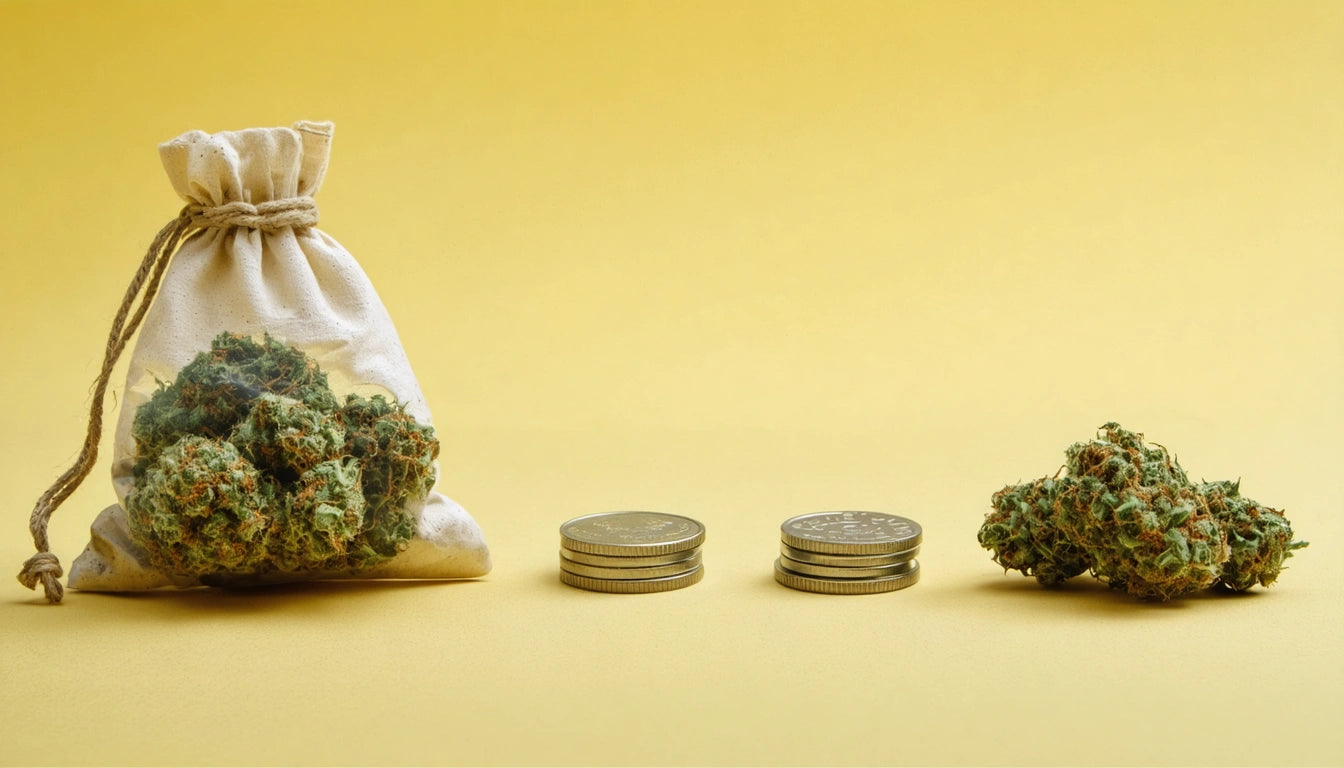Table of Contents
CBD Legalization Across the United States: Current Status and Regulations
The legal landscape for CBD (cannabidiol) in the United States presents a complex patchwork of federal and state regulations. While the 2018 Farm Bill federally legalized hemp-derived CBD containing less than 0.3% THC, individual states maintain their own rules regarding possession, sale, and use of CBD products. This creates challenges for consumers, businesses, and especially groups like military personnel who face additional restrictions.
Federal Status of CBD in the United States
At the federal level, hemp-derived CBD was removed from the Controlled Substances Act through the 2018 Farm Bill. This legislation distinguished hemp (cannabis with less than 0.3% THC) from marijuana, effectively legalizing hemp cultivation and its derivatives, including CBD. However, the FDA maintains regulatory authority over CBD in food, supplements, and therapeutic products, creating another layer of complexity.
Despite federal legalization, the FDA has approved only one CBD-based medication, Epidiolex, for treating specific forms of epilepsy. The agency continues to send warning letters to companies making unsubstantiated health claims about CBD products, indicating ongoing regulatory scrutiny in this area.
FDA Position on CBD Products
The FDA's current stance prohibits marketing CBD as a dietary supplement or adding it to food products that cross state lines. This creates a gray area where CBD products are technically legal under the Farm Bill but may still violate FDA regulations. Understanding CBD's production and regulation helps consumers navigate this complex landscape.
State-by-State CBD Legality: Where Is CBD Legal?
CBD is legal in approximately 47 states, though with varying restrictions. Currently, only three states maintain significant restrictions on CBD products: Idaho, Nebraska, and South Dakota. These states have laws that either restrict CBD entirely or limit it to specific medical conditions through restrictive programs.
States with Full CBD Legality
- California, Colorado, Oregon, Washington, and most other states permit the sale and possession of hemp-derived CBD products
- Many states have established their own regulatory frameworks for testing, labeling, and selling CBD
- Some states permit CBD in food and beverages, despite FDA prohibitions
States with Restrictions
States with restrictions typically limit the forms of CBD available or require specific THC thresholds lower than the federal 0.3% limit. This comprehensive guide to cannabis legality provides details on how CBD regulations intersect with broader cannabis laws.
Shipping CBD Across State Lines: Interstate Commerce Rules
One common question is whether CBD can be shipped to all 50 states. Technically, hemp-derived CBD products containing less than 0.3% THC can be legally shipped across state lines under federal law. However, businesses must still comply with state laws at the destination, which may restrict or prohibit certain CBD products.
Major carriers including USPS, UPS, and FedEx have policies allowing hemp-derived CBD shipments, provided they meet specific requirements. These typically include:
- Compliance with the 0.3% THC limit
- Proper licensing documentation
- No medical claims on packaging or marketing materials
When considering packaging solutions for CBD products that will be shipped across state lines, many businesses opt for specialized packaging options that ensure compliance with various state regulations while maintaining product integrity during transit.
Military Personnel and CBD Use: Regulations and Restrictions
For military personnel, CBD remains prohibited regardless of state legality. The Department of Defense maintains a zero-tolerance policy for all cannabis-derived products, including CBD. This policy stems from concerns about THC content, testing limitations, and product inconsistencies.
Current Military Restrictions
All branches of the military prohibit CBD use by service members. The restrictions are based on:
- Potential presence of THC above reported levels
- Risk of positive drug tests affecting military careers
- Lack of FDA regulation ensuring product consistency and safety
When Will CBD Be Legal for Military?
There is currently no timeline for when CBD might be permitted for military personnel. Policy changes would likely require:
- Federal rescheduling of cannabis
- Improved testing methods to differentiate CBD from THC use
- Standardized production and testing protocols
- FDA approval for general use
Military members seeking relief for conditions often treated with CBD should consult with military healthcare providers about approved alternatives. Understanding travel restrictions with CBD is particularly important for military personnel who may face severe consequences for possession.
Navigating Complex Regulations: Future of CBD Legislation
The regulatory landscape for CBD continues to evolve. Several factors will likely influence future CBD legislation:
- Ongoing FDA evaluation of CBD safety and efficacy
- Congressional pressure to establish clear regulatory frameworks
- Expanding research on CBD benefits and risks
- State-level policy innovations that may influence federal approaches
For consumers and businesses, staying informed about both federal and state regulations remains essential. The legal status of CBD edibles like gummies can vary significantly between states, highlighting the importance of location-specific compliance.
As the market matures, industry standardization and clearer regulations will likely emerge. Until then, consumers should verify the legality of CBD in their state, check product COAs (Certificates of Analysis), and remain cautious about unverified health claims.
The path toward uniform CBD regulation across all states and for all populations, including military personnel, depends on continued research, policy development, and shifting public attitudes toward cannabis-derived products. While progress has been made, full normalization of CBD as a consumer product still faces significant regulatory hurdles.











Leave a comment
All comments are moderated before being published.
This site is protected by hCaptcha and the hCaptcha Privacy Policy and Terms of Service apply.